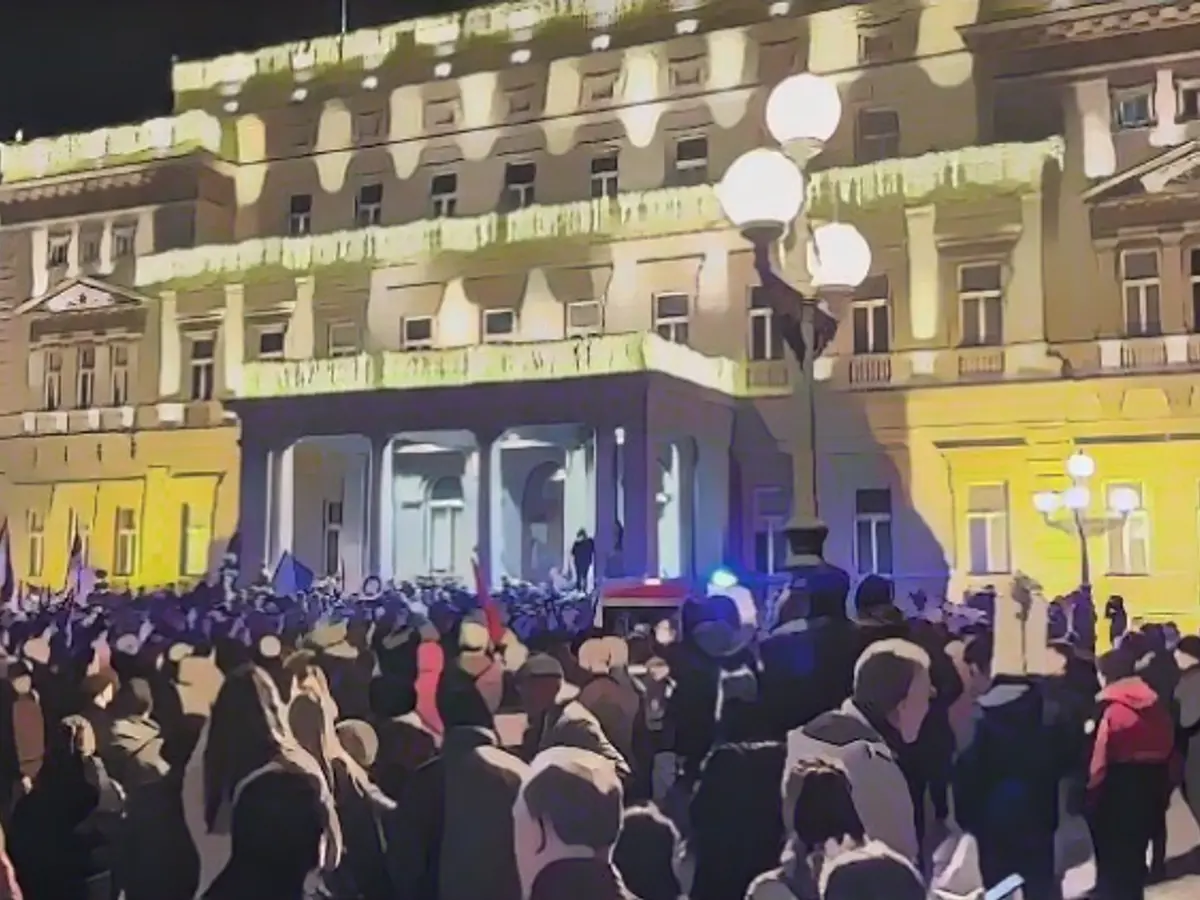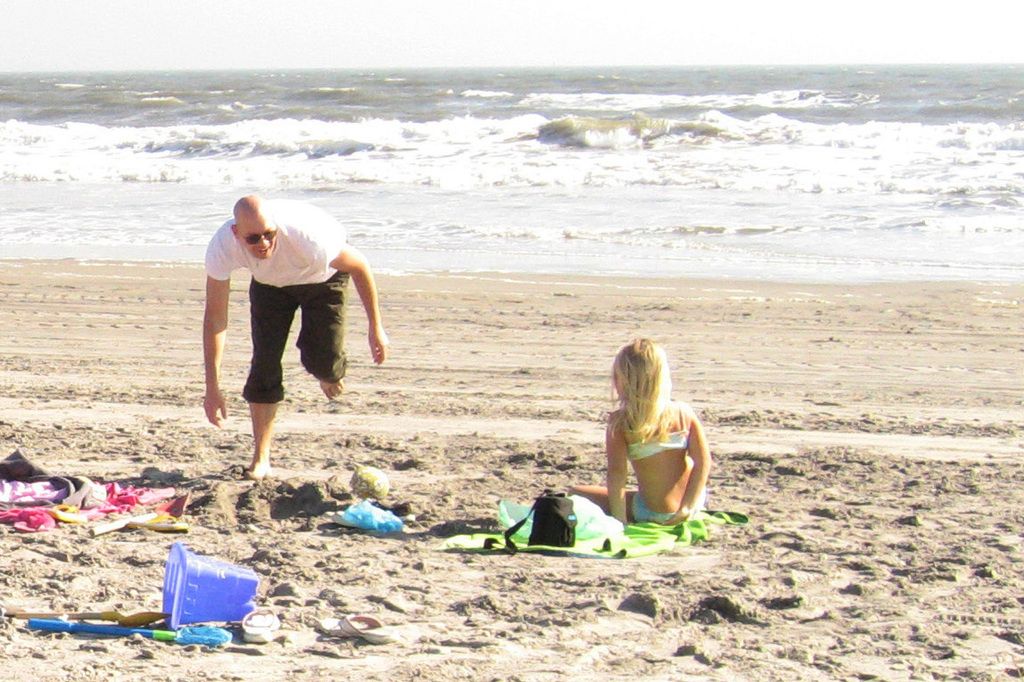Unrest in Belgrade's City Hall Echoes Vucic Allegations
A week after the controversial elections, Belgrade's city hall became ground zero for demonstrators seeking to overturn the results, leading to violent clashes with law enforcement. Led by thousands of protesters, the capital city screamed for annulment of the elections, with President Aleksandar Vucic at the center of alleged fraud accusations.
The streets of Belgrade transformed into a battleground between demonstrators and police officers. Stone-throwing, stick-wielding mobs clashed with law enforcement, shattering windows, and attempting to breach the city hall's entrance. Amidst the chaos, journalists from the AFP news agency reported live from the scene. In the ensuing turmoil, police officers pushed back the protesters and utilized pepper spray as a deterrent before driving the demonstrators from the area.
In the wake of the unrest, the president confirmed that two police officers sustained serious injuries, with other officers experiencing minor wounds. At least 35 protesters were apprehended after the clashes subsided around 10 p.m. local time. Descriptions of the unrest painted a picture of an organized attack, according to Vucic, who claimed that ample evidence supported this assertion.
Germany's Condemnation
Vucic's right-wing populist SNS party emerged victorious during the recent parliamentary elections, but local elections coincidentally took place on the same day. An international observer group reported numerous "irregularities," including instances of violence, vote buying, and ballot box stuffing with forged papers.
Germany publicly criticized the election's outcome and the reported irregularities, arguing that such violations were unacceptable for a country with EU candidate status. The international sentiment toward Serbia's electoral process further fueled the growing demonstrations in Belgrade.
Prolonged Protests and Hunger Strikes
Following the protests, several representatives from the loose opposition alliance Serbia Against Violence took part in a hunger strike, seeking to bring the election results to a halt. Their tenacious dedication to uncovering alleged electoral fraud and advocating for electoral reform continued even yesterday, as they announced the conclusion of their 12-day fast.
Protests heated up again in front of the Serbian election commission building, postponing a resolution of the election controversy. Students in Kragujevac orchestrated a 15-hour blockade that found them advocating for government accountability regarding train station deaths in Novi Sad. These protests, along with the widespread protests in other cities, developed into a unified movement fighting corruption and systemic issues antagonizing Serbia's rule of law under President Vucic.
United Front Against Fraud Allegations
The alleged electoral fraud had the opposition Serbia Against Violence alliance crying foul, citing the transport of ethnic Serb voters from neighboring Bosnia as well as claims of voter intimidation and ballot stuffing to support the ruling party. The alliance sought the involvement of international organizations, such as the European Union, to conduct an international, independent investigation.
International Scrutiny
European Union election observers lambasted reported irregularities, including instances of organized voter transport from Republika Srpska, voter intimidation, and allegations of vote-buying. Early reports from the OSCE similarly echoed the concerns of the EU, highlighting isolated instances of violence, procedural irregularities, and suspicions of vote organizing to bolster the ruling party.
As the international community continued to scrutinize the election process, EU commissioners called for Serbia to make significant strides in its electoral process, demanding necessary improvements to reinforce democratic institutions. The OSCE reached a consensus, advocating for a thorough investigation into reported irregularities and ensuring the rallies remained peaceful.
Rounding Up
As the protests continue, Belgrade's city hall serves as a focal point for the rising discontent in Serbia. With its high stakes and international implications, the situation remains volatile, as the country grapples with its battle for transparency and political integrity. The sustained opposition pressure, international scrutiny of the election process, and the authorities' response will dictate the future of Serbia's electoral landscape.








